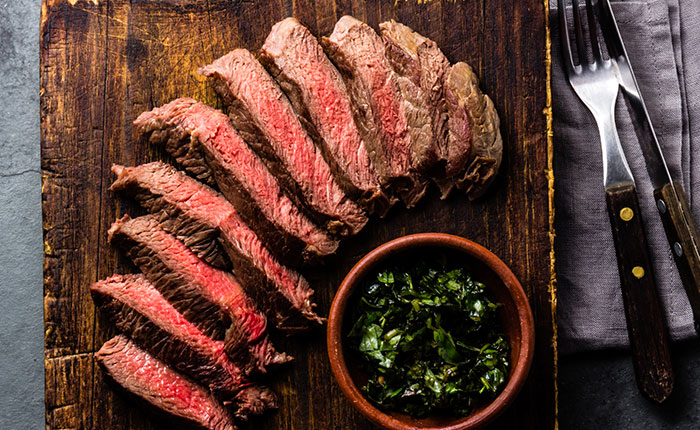Dr. Jason Shumard, D.C.
Managing diabetes can feel like a full-time job. Maybe worse is the endless amounts of confusing and conflicting information that make it almost possible to know how to best support health and healing.

The truth is that overcoming diabetes isn’t the same for everyone, so following general advice can get you in trouble.
There are surely basics like eating whole foods, avoiding sugar, and drinking plenty of water, but even those recommendations must be refined and tailored to each person. By the time most patients walk through my door, they’re exhausted and baffled by efforts that seem to get them nowhere. But you don’t have to make the same common mistakes. Avoid these three nutrition missteps, and you will be on the path to improving blood sugar and beating diabetes.
1. Crash Diets

If you’re diabetic, you’ve probably been told to lose weight. That is because excess fat around the midsection causes inflammation that perpetuates imbalanced bloods sugar and diabetes. So, it’s true that weight loss can mean better blood sugar control, but more often than not, people want a quick fix and try to lose weight with crash diets or commercial weight loss plans. Crash diets restrict calories and nutrients, which tells your body that you’re starving so your metabolism drops. This puts stress on your body to regulate blood sugar and makes it harder to lose weight. Commercial diet plans use processed food products steeped in preservatives and lacking in nutrition, so your body is left trying to heal without the tools to do it. A whole food diet tailored to your needs and that provides enough energy and plentiful nutrients is always best.
2. Ignoring Food Allergies
Diabetics are always told to lose weight, but you probably haven’t heard that most diabetics have damaged their digestive tracts from high blood sugar.
A broken gut means an increased risk of food intolerances that push your immune system into overdrive causing a vicious cycle of insulin resistance and out-of-control blood sugar.
Food sensitivities and allergies also increase the risk of autoimmunity and other complications. A functional medicine doctor can order advanced food allergy testing which can help you reduce pain, brain fog, poor digestion, and other symptoms while gaining better blood sugar control.
3. Too Much Meat

If you are on the low-carb wagon, this can be a great way to reduce blood sugar and start the healing process. However, it is all too easy to fill up on meat while ignoring the most important part of a low-carb diet: the veggies! Eating meat, especially grilled, smoked, or processed meat is carcinogenic, as in cancer-causing, and brings about damage in the body. A low-carb diet should be about 80% plant foods such as vegetables, low-carb fruit, nuts, seeds, and plant oils like olive, coconut, avocado, and flax. This bolsters your body’s ability to heal damage, lose weight, and live disease-free. Meat can be a great source of protein and fat, but it should not be the main dish. When you choose meat, try to bake, stew, or gently sauté it.
Don’t make these common mistakes and remember that the right nutrition plan is as unique as you are. Instead of playing a guessing game, find a functional medicine doctor who can help you design the perfect path with your precise needs in mind.